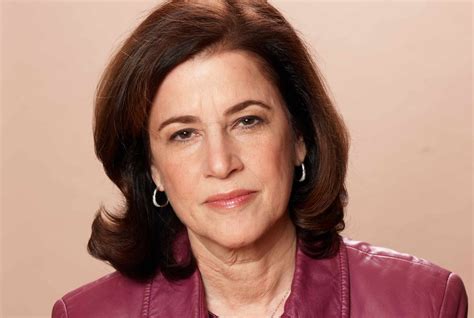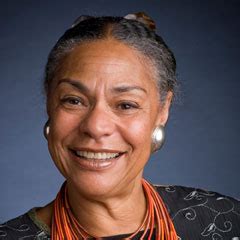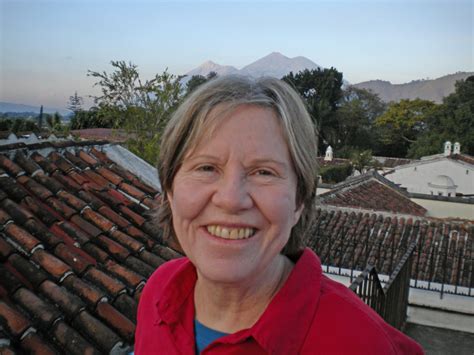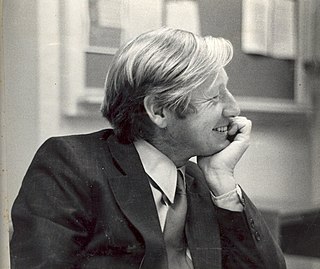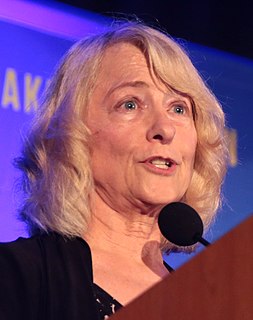A Quote by Ellen Galinsky
In families children tend to take on stock roles, as if there were hats hung up in some secret place, visible only to the children. Each succeeding child selects a hat and takes on that role: the good child, the black sheep, the clown, and so forth.
Related Quotes
Please don't kill the child. I want the child. Please give me the child. I am willing to accept any child who would be aborted, and to give that child to a married couple who will love the child, and be loved by the child. From our children's home in Calcutta alone, we have saved over 3,000 children from abortions. These children have brought such love and joy to their adopting parents, and have grown up so full of love and joy!
Each of us must come to care about everyone else's children. We must recognize that the welfare of our children and grandchildren is intimately linked to the welfare of all other people's children. After all, when one of our children needs lifesaving surgery, someone else's child will perform it. If one of our children is threatened or harmed by violence, someone else's child will be responsible for the violent act. The good life for our own children can be secured only if a good life is also secured for all other people's children.
Friends serve central functions for children that parents do not, and they play a critical role in shaping children's social skills and their sense of identity. . . . The difference between a child with close friendships and a child who wants to make friends but is unable to can be the difference between a child who is happy and a child who is distressed in one large area of life.
I believe there is no part of our lives, our adult as well as child life, when we're not fantasizing, but we prefer to relegate fantasy to children, as though it were some tomfoolery only fit for the immature minds of the young. Children do live in fantasy and reality; they move back and forth very easily in a way we no longer remember how to do.
Children who are brought up with one parent or another parent or shared parenthood, when there has been a divorce and hatred within families, it breeds a tremendous amount of instability in the life of a child. And many of these children end up in the homosexual movement. Even if they don't, they take so much baggage into their marriages, that they are unable sometimes, at least theoretically unable, to stand against all of the cultural forces that would disrupt them and their families.
Productive collaborations between family and school, therefore, will demand that parents and teachers recognize the critical importance of each other's participation in the life of the child. This mutuality of knowledge, understanding, and empathy comes not only with a recognition of the child as the central purpose for the collaboration but also with a recognition of the need to maintain roles and relationships with children that are comprehensive, dynamic, and differentiated.
A Child of Happiness always seems like an old soul living in a new body, and her face is very serious until she smiles, and then the sun lights up the world. ... Children of Happiness always look not quite the same as other children. They have strong, straight legs and walk with purpose. They laugh as do all children, and they play as do all children, they talk child talk as do all children, but they are different, they are blessed, they are special, they are sacred.
If in the earlier part of the century, middle-class children suffered from overattentive mothers, from being "mother's only accomplishment," today's children may suffer from an underestimation of their needs. Our idea of what a child needs in each case reflects what parents need. The child's needs are thus a cultural football in an economic and marital game.
The whole world population rests on women. You have to start with the woman. And the woman will make her own decisions. If you want to have five or ten children, fine. You can have big families or small families, but you have the family you feel you can afford or feed. In China the one - child policy is already finished - on its way out because the economic conditions end up producing the same effect. If people want an expensive flat in a place like Shanghai, you can't have more than one child or two.
Children who willingly participate in sexual acts have the right to make that decision as well, even if it's distasteful to us personally. Some children will make poor choices just as some adults do in smoking and drinking to excess; this is part of life. When we outlaw child pornography, the prices paid for child performers rise, increasing the incentives for parents to use children against their will.
